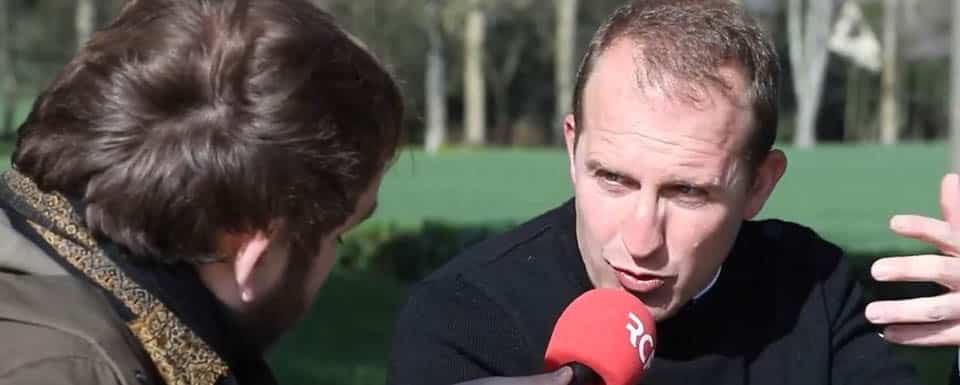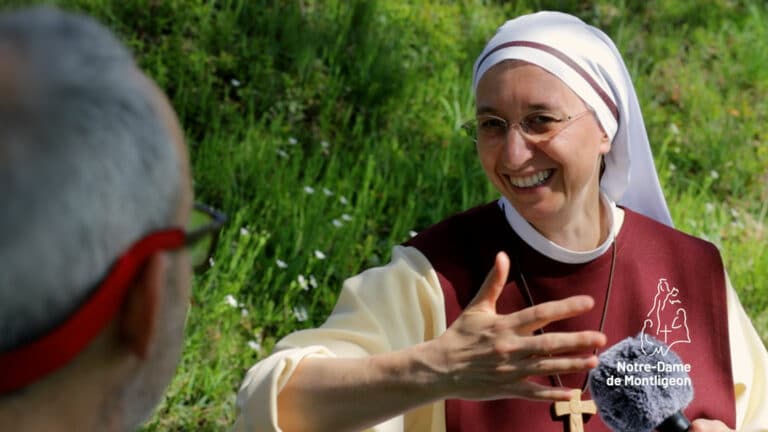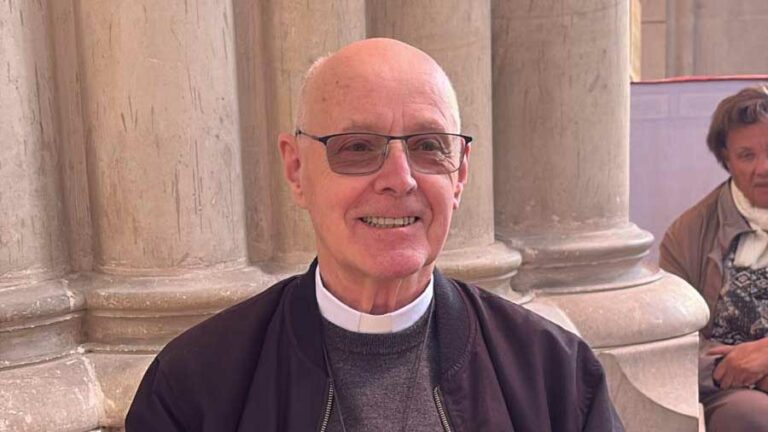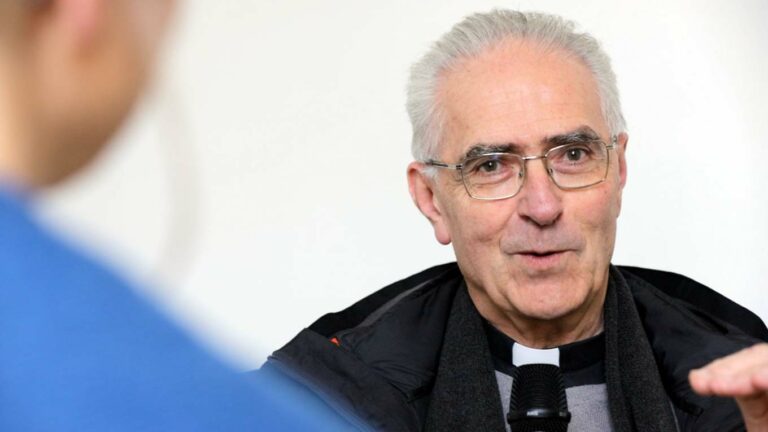Climate changes, wars, political or economic insecurities, personal crisis, demises, separations… When everything seems to be collapsing, can hope be of much help? What is it? How can we nurture it? What can we do when the temptation to give up and despair are lurking?
What is hopefulness?
It differs from optimism which is rather a positive attribute . It is not hopefulness either, which is an emotional reaction when faced with an attracting benefit that remains difficult to obtain. Together with faith and charity, hope is a theological virtue, i.e. given by God. Alike all God’s gifts, it does not entail to remain passive but, on the contrary, to actively cooperate with grace. For example, mine is to convert the gift of charity into actual deeds, and mine is to articulate significant acts of hope so as to develop hope.
We all experience difficult situations in life. I recently traveled to the Democratic republic of Congo, when you are faced with brown-outs, water shortages, together with the wheat scarcity, anyone would be worried. In Northern countries, the situation is seemingly not as stern; indeed one does not die on the street like in Calcutta but our consumption of anxiolytics remains high. Social fractures and loneliness are but part of another type of poverty. No matter where, hope is but a permanent struggle.
How can one develop hope?
I recently heard young people express their concern with regard climate changes. Even if their fears are justified, in my opinion it reveals sa deeper fear, that of future in general. Christian hope asserts that the future belongs to God alone. Do we have faith in such an assertion or not? Do we believe that God is the supreme ruler of time and of history? In order to hope, one needs to start with taking a step in faith: to believe in the return of Christ in glory and that the Lord will take everything into his custody in the end.
Hope is established on a second dimension: the conviction that Christ is part of my life, despite the struggles that I encounter and harass my heart. Jesus said: “And behold, I am with you always, until the end of the age.” (Mt 28: 20). We are never deserted. The life of some people sometimes may seem to have been nothing but failure, like that of the martyrs of Japan, who were crucified because they refused to renounce their faith in Christ Jesus; or else, that of Saint Maximilian Kolbe who, during the WWII, offered his life in exchange with that of a family man, and died of hunger in a bunker; or, of course, that of Christ Jesus who got crucified although he had arisen great hopes!
In consideration of such examples, and of our own life experience, hope comes back to hearing the Lord telling us: “you will go through this trial with Me and you will find that it is in failure that I vanquish, and transform humankind diffusing My love over the world.” It requires a constant act of faith.
What should we do when the urge to despair prevails?
Hope is the virtue of fighting. It is made manifest in our trials: the death of a child or that of a spouse, professional failures, divorce, unemployment, addictions etc. It does not start by closing us in on ourselves, which is the temptation of despair. The first act of hope is to start with calling to God, for He knows me, and to own up to what goes on in my heart, my misunderstanding, my doubts, my anger… The psalms greatly illustrate such a state: “My God, why have You forsaken me?” or ” Where are You Lord?” , “Lord, how long shall the wicked, how long shall the wicked triumph?”.
Then we need to tell the Lord that we do not want to let go of His hand, even when we do not feel His presence. Just like Saint Peter who, when he started sinking in, grabbed the hand of Jesus.; or like Jairus, a father who leaves his dying young daughter to go and beseech Jesus, regardless of those who keep saying “What’s the point?!” Jesus told him: “Do not be afraid; just have faith and she will be saved.”
Ever since original sin, hope became bitter. Bernanos, the French catholic author, wrote: “Hope is despair overcome”. It is indeed the virtue that is made manifest in the midst of trials and which enables us to stand upright when everything collapses. It dares have faith in Jesus who asserts: Don’t worry, I have overcome, it all makes sense.
Witnesses to hope
We can draw inspiration from people who manifested this virtue, for example, the Blessed Virgin Mary who sees her son die on the cross and who consents. The plan of God eludes her, yet she remits herself to the Lord. Thus, biblical figures who are as many models to follow. As for us here, at the shrine of Montligeon, we meet hope titleholders. Beyond the dramatic events they have had to face, people reveal that “between the abyss of despair and hope, I chose hope.” Taking them into consideration, we can attest that in their ordeal, God was at their side.”
In life, we all have to bear our cross. Jesus did not sell success. he warned us: ” Whoever wishes to come after me must deny himself,* take up his cross, and follow me.” If we consider our life from a purely human standpoint, we might say it is a failure. Yet in consideration of our tribulations in the light of Christ’s cross, we somehow in a mysterious manner can decipher that they are the fount of love and life.
Do not alone in affliction, connect to Montligeon and find hope again!




